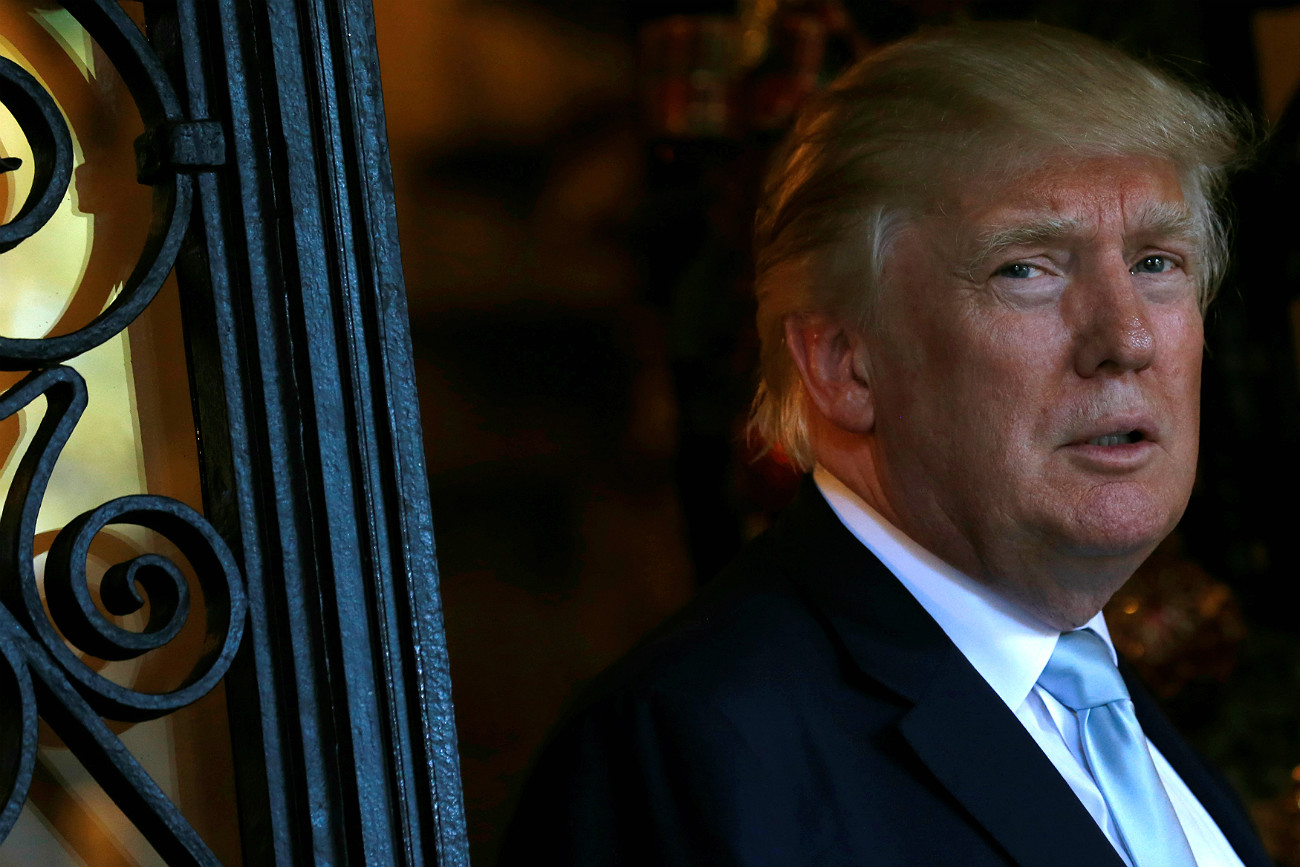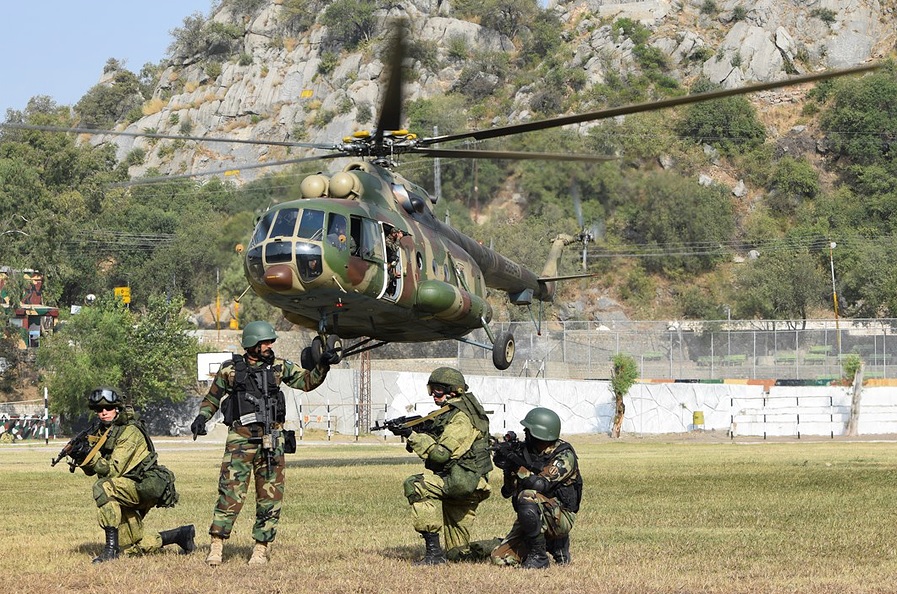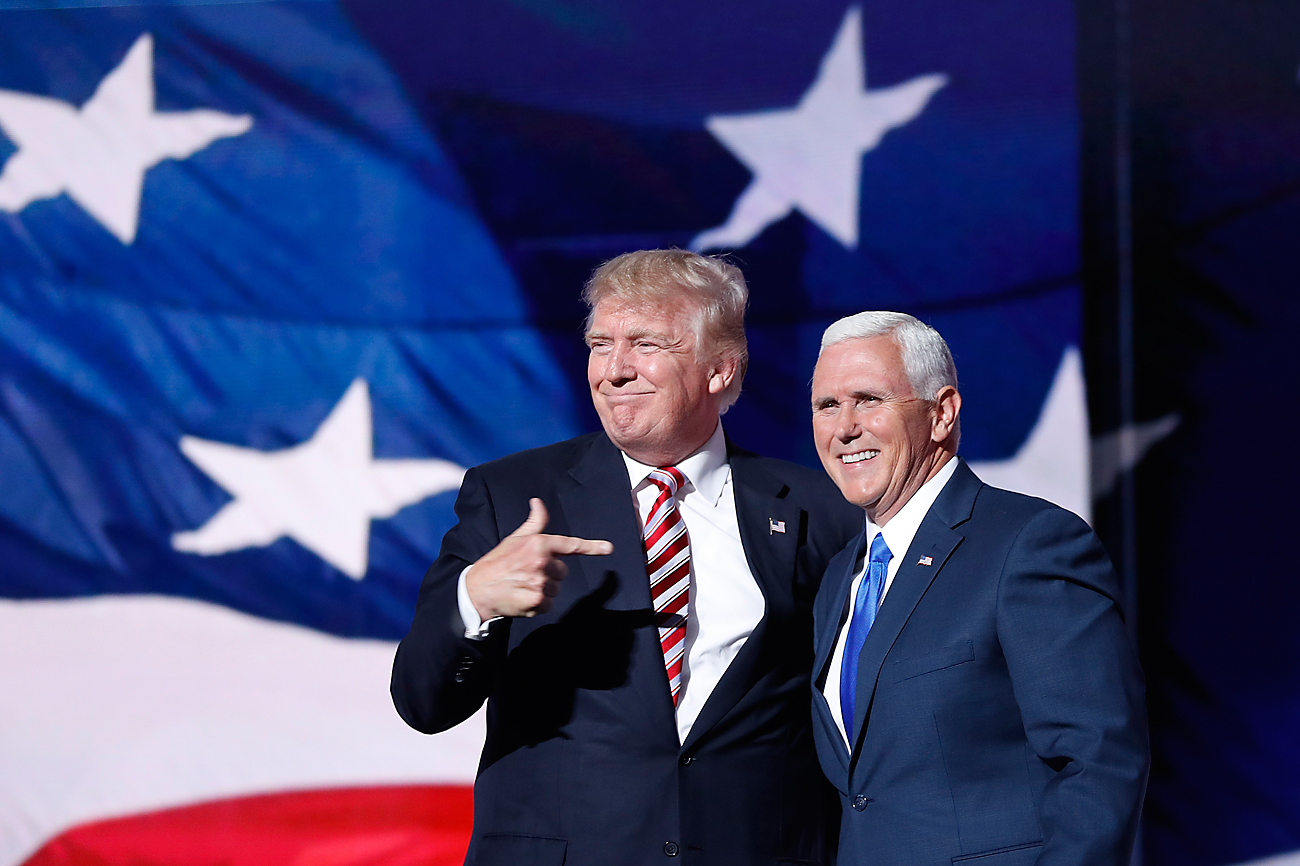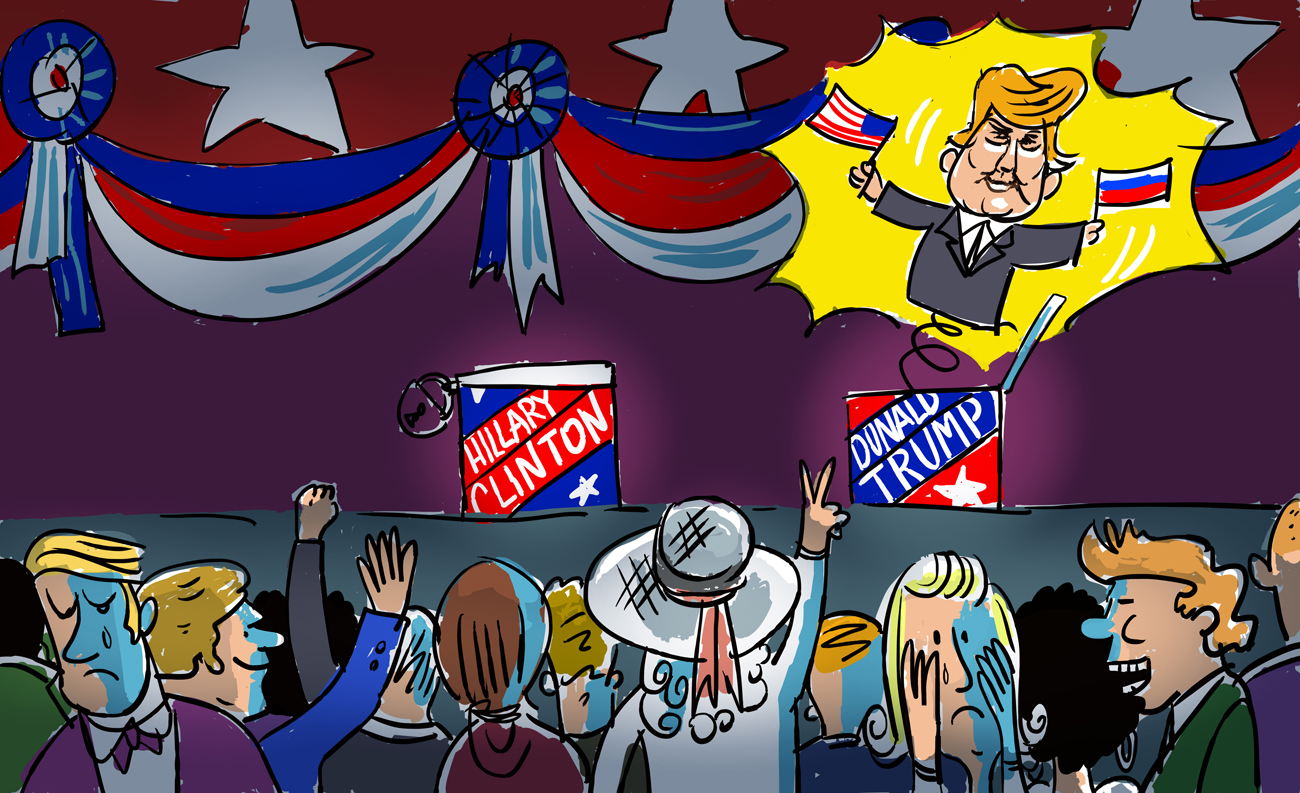Trump’s presidency: A new opportunity for Russia in South Asia

Donald Trump's team is unlikely to focus on South Asia.
ReutersLast week’s hearings of Donald Trump’s nominees for posts of secretaries of state and defence, and director of the CIA showed that Russia's stakes in South Asia could grow due to the new White House administration. Russia may just become the sole contender for a mediator role between India and Pakistan.
This role was usually occupied by the United States under the administrations of Bill Clinton, George W. Bush, and at to some extent Barack Obama. It looks like Donald Trump and his nominees don't understand the need and value of this role, the history of the U.S. policy in South Asia, and the U.S. instruments in this region.
Why India and Pakistan may need mediation
The possibility of mediation between India and Pakistan doesn't look attractive to many in Delhi and Islamabad. The two nations rightly see themselves as independent and responsible players, which can follow their goals without instructions from others. No doubt, regional peace and stability are equally important for India and Pakistan.
However, there are signs that during an armed crisis between India and Pakistan foreign assistance may be useful and even necessary for peace in South Asia.
First, India and Pakistan have very limited confidence-building measures (CBM) between them. The CBMs don't cover verification mechanisms such as inspections and data exchanges. The hotlines between the civilian and military leadership of India and Pakistan don't fully guarantee that military conflicts won't happen between them.
Second, there is no arms control between them. They have no limitations on development, production and deployment of both conventional and nuclear weapons. Both countries keep adding conventional and nuclear capabilities to their arsenals, which can be used within minutes to target places in various depths of an adversary's territory. Pakistan has already commissioned tactical nuclear weapons. The India's strategic community is analysing the pros and cons of following this path. The two nations are developing cruise missiles with both conventional and nuclear warheads. The nuclear threshold is clearly lowering in South Asia.
Third, political, security, and military dialogue is almost non-existent after the 2008 Mumbai terrorist attack. Contacts between Delhi and Islamabad are unstable, occasional and hardly intrusive for all stakeholders in both countries.
Fourth, the 1999 Kargil crisis proved that the political leadership of Pakistan doesn't have enough control over the armed forces and security agencies, which could perform actions against India that are not always in the line of Islamabad’s official policy. At least, Nawaz Sharif refuses to take responsibility for everything performed and associated with Pakistan when he was prime minister in the late 1990s. For instance, according to him, the Kargil “operation was kept so secret that besides the prime minister, some corps commanders and the chiefs of navy and air force were also kept in the dark.”
It's not the case for India. However, when Narendra Modi came to power, he was reported to have given the armed forces and security agencies a “free hand” in dealing with cross-border threats from Pakistan. The surgical strike last October and a number of cross-border retaliatory strikes showed that the Indian Armed Forces and security agencies enjoyed more room for manoeuvre.
To summarize, conflict escalation and a nuclear threshold crossover may happen quickly without significant obstacles in South Asia.
The lack of such obstacles at the regional level may be compensated by external players, if they meet a number of conditions. They should be rightly understood, accepted and respected by both India and Pakistan. They should understand the roots of India and Pakistan’s disputes, their own role in South Asia, need for mediation, and the most effective way to perform mediation in South Asia.
The United States doesn't want to mediate anymore
The recent hearings for the key posts in the Trump administration showed, that South Asia is beyond their focus. Only General Mattis, incoming secretary of defence, made an emphasis on America’s relations with India and Pakistan. However, when talking about Pakistan, he didn’t mention India, and vice versa. He ignored the issues of Kashmir and nuclear juxtaposition in South Asia. Others, including President Trump, didn’t reveal their position on the Kashmir issue and the risk of the nuclear weapons use in South Asia.
The new administration leaves the world to wonder, how it will act in response to a highly probable crisis between India and Pakistan over Kashmir and/or cross-border terrorism. Will it have the officials with deep understanding of South Asia like Strobe Talbot in the Clinton administration? Will it be ready to “work behind the scenes to inspire a settlement to the dispute” in Kashmir, in the words of Richard Armitage? Will the new administration be rightly understood, accepted and respected by both India and Pakistan?
It’s too early to answer to these questions. However, the recent hearings proved that the Trump’s selections don’t have a focus on South Asia. They don’t have a comprehensive vision of the U.S. role in the region and they are not ready to invest significant efforts in resolving regional issues there. If Donald Trump believes that “we're better off if Japan protects itself against this maniac in North Korea”, he may also support the idea that India and Pakistan should protect themselves against each other with all available means. If he does support this idea, it may disengage the United States from the role that it used to play under the previous administrations.
Russia’s new opportunity
Until now Russia has not mediated well between India and Pakistan. The Soviet record included the famous Tashkent agreement of 1966, but not a lot after that. Vladimir Putin made one attempt to mediate between India and Pakistan, when he invited Atal Bihari Vajpayee and Pervez Musharraf to attend the Conference on Interaction and Confidence Building Measures in Asia in Almaty, Kazakhstan in June 2002. The outcome was discouraging for Moscow. The leaders of India and Pakistan didn’t talk to each other. According to then National Security Advisor Brajesh Mishra, Delhi rejected “any third-party mediation.” Another official said at that time, “there is no possibility of a Tashkent II.”
Moscow seemed to learn this lesson and decided not to volunteer for the mediator role anymore. The Kashmir problem disappeared from Russian statements and documents. The nuclear juxtaposition between India and Pakistan lost its previous attention in Russian statements and documents.
The Russian approach calls for two separate tracks with India and Pakistan and almost ignorance of everything troublesome between them. This approach can work to certain constraints in a crisis-free time, or when an external power has a loose engagement with both India and Pakistan, or with one of them.
It’s not the case anymore. Moscow intends to have good political dialogue, trade, and deep military cooperation with both India and Pakistan. It supports the membership of both nations in the Shanghai Cooperation Organization (SCO), which has an ambitious goal to create the Eurasian common security space. Unlike with China, another member of SCO, which always sides with Pakistan, Russia pretends to have a balanced vision of the South Asian region.
Even if Moscow wisely avoids a bid for the mediator role in South Asia, behind the scenes it could facilitate the dialogue between India and Pakistan on bilateral issues. Moscow could offer India and Pakistan the opportunity to explore the fairly successful experience of other members of SCO in the fields of confidence-building measures and resolution of border issues, and if applicable to use this experience bilaterally in South Asia.
Russia’s good relations with both India and Pakistan, the probable disengagement of the United States from mediation between these two nations, and absence of other well-balanced and similarly accepted external powers give Moscow a good chance to contribute to peace and stability in South Asia. This would help Russia develop a common security space in the Eurasian region, find a bigger role for SCO in world affairs and raise its own global stature.
Petr Topychkanov is an associate in the Carnegie Moscow Center’s Nonproliferation Program, and a senior researcher at the Center for International Security of the Institute of World Economy and International Relations of the Russian Academy of Sciences.
Views expressed in the column are personal.
Read more articles by Petr Topychkanov here.
If using any of Russia Beyond's content, partly or in full, always provide an active hyperlink to the original material.
Subscribe
to our newsletter!
Get the week's best stories straight to your inbox


